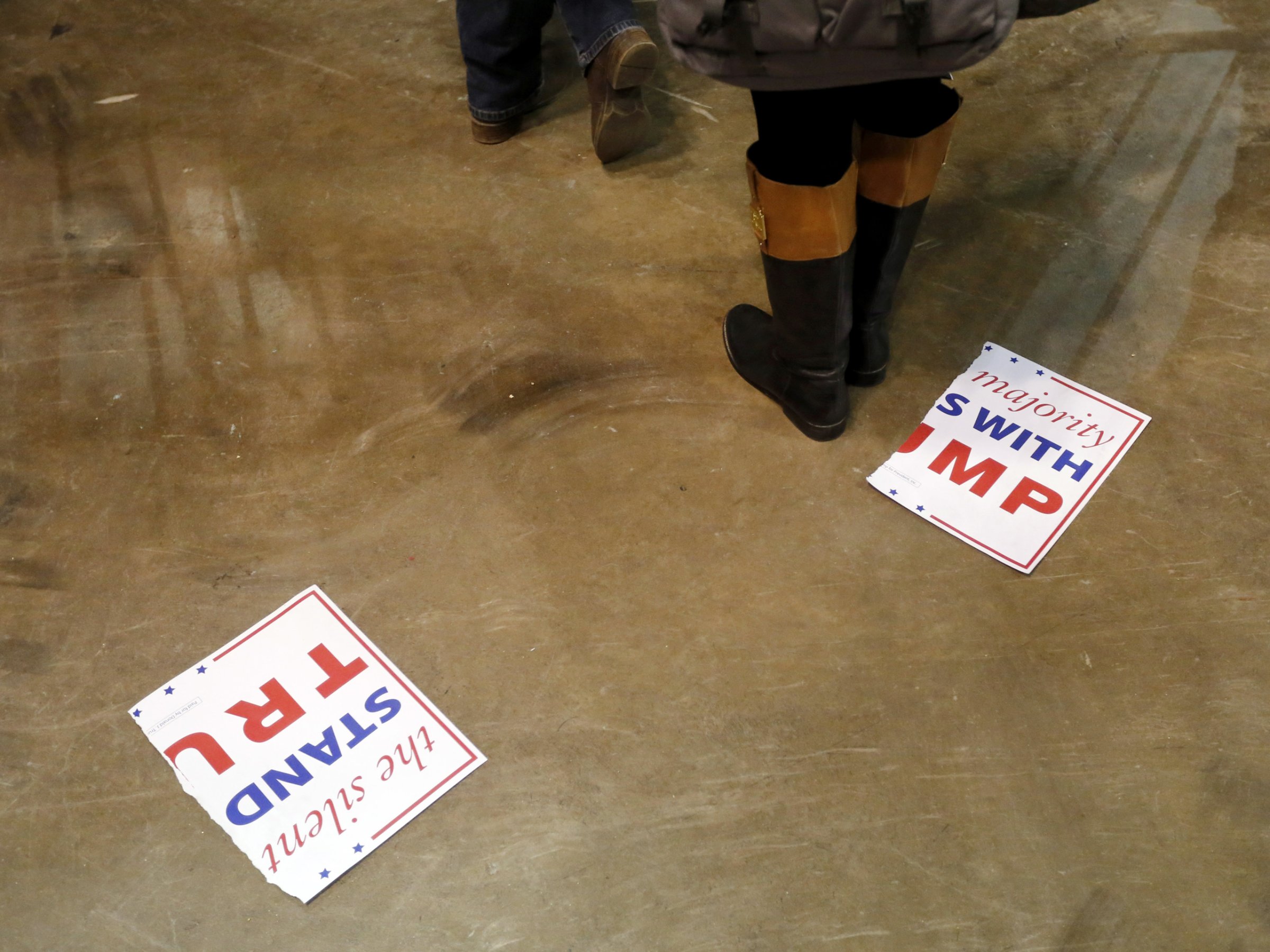
Many of us have heard more about the delegate system this year than we ever imagined we would. Superdelegates and committed delegates and the peculiarities of the party rules have been endlessly discussed. But many of us are only learning about them because the system seems broken. When things break, we pay attention.
The world forces us to notice when it refuses to work—when the bulb burns out or the shoelace snaps. Then things which were automatic become suddenly vivid. All the hiding places in your home spring to life when you lose your keys. The cracks in the floor present themselves when you drop and shatter a glass. There are blessings in brokenness, which awakens our attention.
In the Jewish mystical tradition there is a concept called Shevirat Hakalim, the breaking of the vessels. It posits that when God first created the world, there was a sort of original brokenness, a flaw present from the first moments of creation. The theory, fully developed by Isaac Luria in the 16th century, is intended to explain the existence of evil in the world. But it also explains the existence of a certain kind of awareness: when lives go awry or illness strikes or things become are cracked, fissured or flawed, we devote ourselves to understanding.
This does not mean that brokenness is always blessing, but it does mean that there are blessings in brokenness. Without it there is a frictionless world.
People complain that the news media covers only the bad news. Yet good news often fails to excite viewership. It is a tribute to our hopeful natures that good news does not engage our attention the same way—for we believe on a deep level that this is how the world is supposed to be. Kindness is not newsworthy because we believe it should be the norm. But when something goes wrong, when brokenness strikes, we pay attention. Breakdown forces scrutiny. Bad news makes us sit up and watch.
No, I will not be happy the next time I have a flat tire. But I will notice my hubcap and the way it is affixed to the rim. When I cut my finger, I won’t be glad, but I will notice the swirls of my own fingerprint. None of us can live noticing everything, or we would never be able to take a step forward. We have to ignore our surroundings and operate on autopilot to get things done. But moments of brokenness do afford us a chance to get to know our world a little bit better, and for that at least, we should be grateful. Given the electoral dramas of this year, let us hope that the political fractures will give us a chance to know our country better.
More Must-Reads from TIME
- Cybersecurity Experts Are Sounding the Alarm on DOGE
- Meet the 2025 Women of the Year
- The Harsh Truth About Disability Inclusion
- Why Do More Young Adults Have Cancer?
- Colman Domingo Leads With Radical Love
- How to Get Better at Doing Things Alone
- Michelle Zauner Stares Down the Darkness
Contact us at letters@time.com